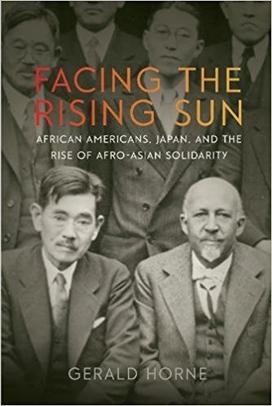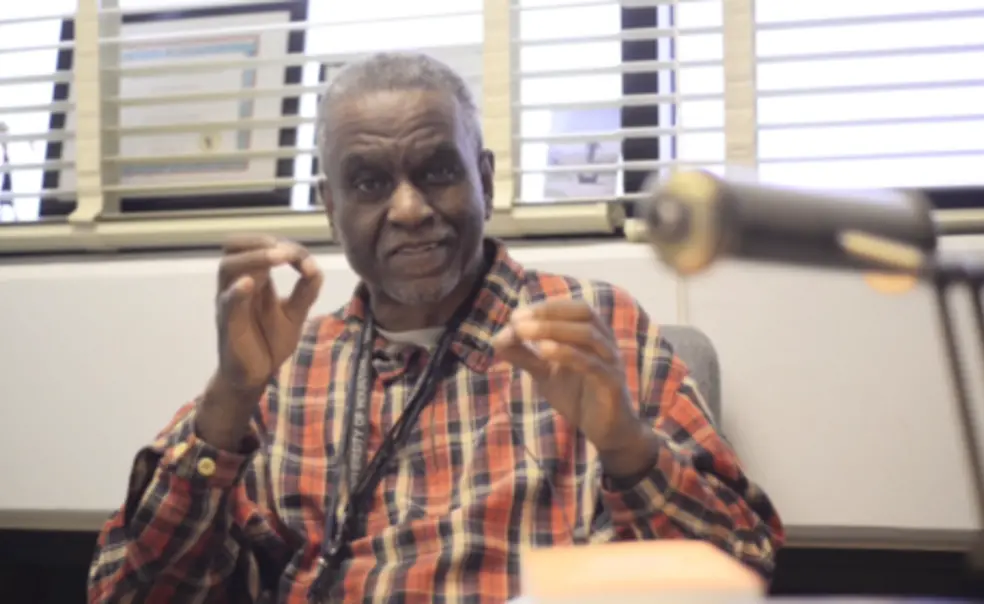Gerald Horne ’70 Details Afro-Asian Solidarity During WWII

Over the course of the 1930s, Japan began exercising military might — even in violation of international orders through the League of Nations — as it invaded China and the Korean Peninsula. By the time of the second Sino-Japanese War in 1937, many Westerners had developed strong anti-Japanese sentiments. Yet African American sentiments sometimes varied from the mainstream, and organizations like the Pacific Movement of the Eastern World (PMEW) promised equality and land distribution under Japanese rule. Horne details how African Americans, frustrated with the Jim Crow laws of the 1930s and 1940s United States, hoped for liberation from white supremacy with the arrival of the Japanese Imperial Army, despite the Army’s brutal treatment of citizens of occupied countries.
Horne argues that this pro-Tokyo sentiment among African Americans was significantly corrosive to the 1940s American war efforts, and he details the challenges that African Americans faced as they fought for the U.S., such as Japanese propaganda that targeted the Jim Crow laws of their home country. After the War, Horne claims that Japanese-influenced “Afro-Asian” solidarity did not die, but rather became the harbinger of Dr. Martin Luther King Jr.’s ties to Gandhi’s India and Black Nationalists’ fascination with Mao’s China and Ho Chi Minh’s Vietnam.
The author: Gerald Horne ’70 is an African American historian and chair of history and African American studies at the University of Houston. Born and raised in St. Louis, Mo.,. He received his Ph.D. from Columbia University and a J.D. from the UC, Berkeley. He has authored dozens of books, including The Counter-Revolution of 1776: Slave Resistance and the Origins of the USA and Race War! White Supremacy and the Japanese Attack on the British Empire.
Opening paragraphs: The man who would become Malcolm X was dissembling.
He was in Manhattan during World War II and was being interrogated by the authorities about the possibility of being conscripted into the military, a prospect he surely wanted to avoid. He knew that Army intelligence in Harlem was quite sensitive about the possibility of inadvertently drafting pro-Tokyo Negroes. So, he said, ‘I started noising around that I was frantic to join’ the ‘Japanese Army.’ [Then] ‘the psychiatrist’s blue pencil dropped and his professional manner fell off in all directions.’
Reviews: Erik S. McDuffie, author of Sojourning for Freedom: “Through uncovering a rich, dynamic history of pro-Japanese views among U.S. Black nationalists during the Depression and World War II, Gerald Horne has produced a brilliant book that provides a powerful model for writing about transnational African American history, global white supremacy, and Afro-Asian solidarities.”












No responses yet